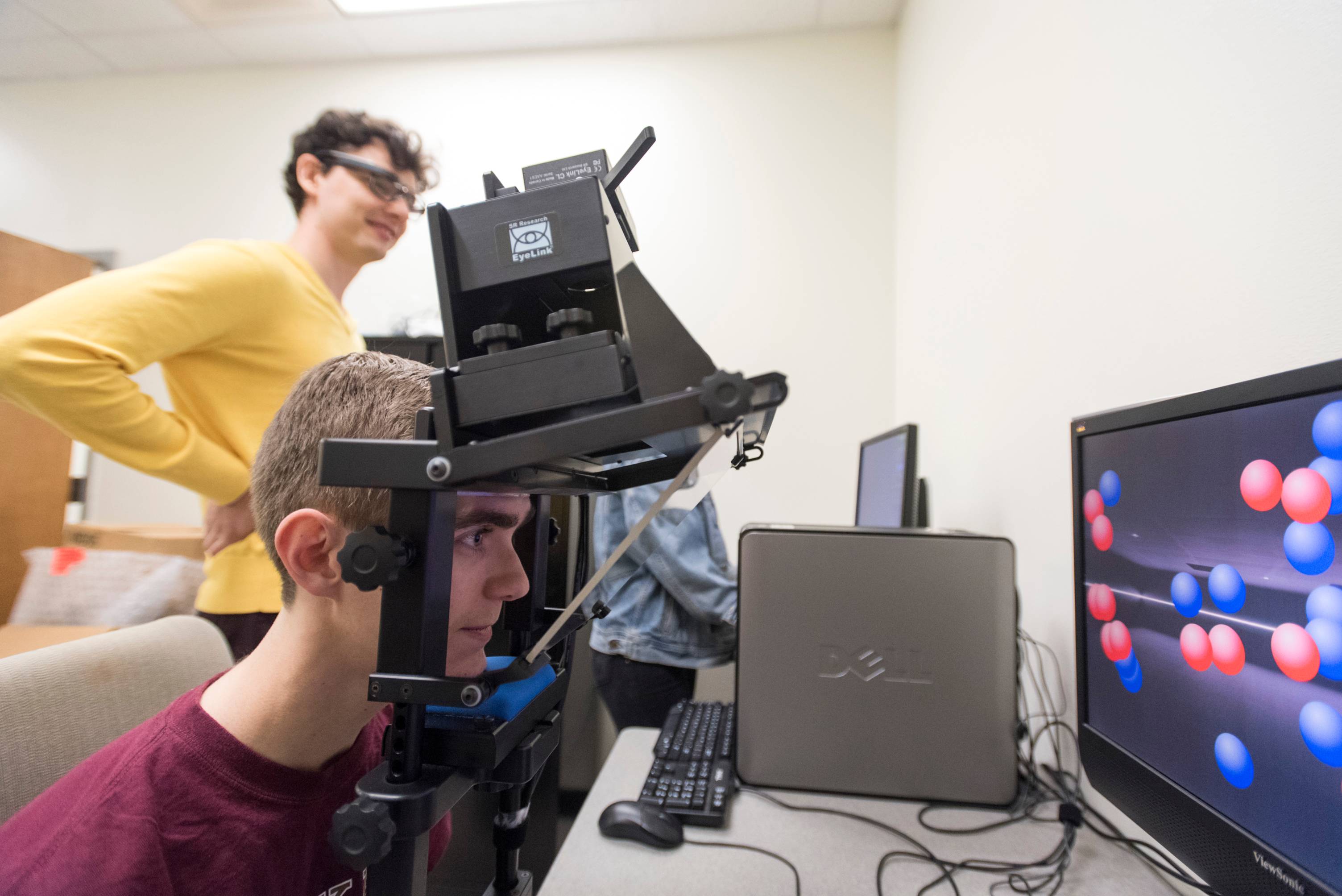Smart Materials
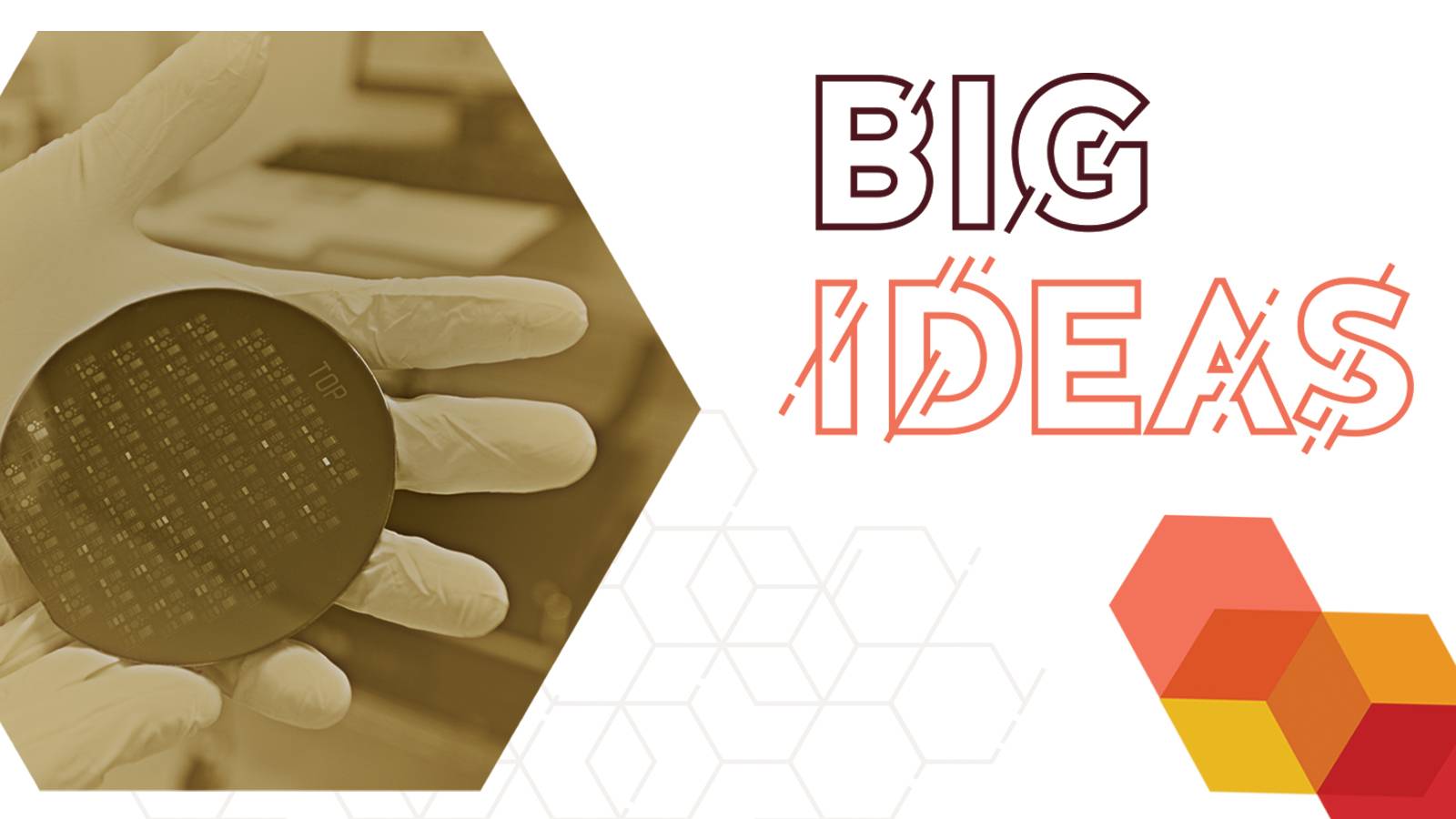
September 30 - Materials With Intelligence
View Live Session Recordings Below
Faculty researchers are focused on finding practical ways to advance sensor technology and create new materials that can reconfigure themselves to react to environmental conditions. The AM and PM sessions will feature faculty and students covering topics on improving the lifecycle management of infrastructure through sensor systems and predictive modeling.
Chris Reyes, Ph.D., '14
Process Development Scientist at X-Celeprint
Rice University Academy of Fellows Postdoctoral Fellowship 2018-present. Duke University Doctor of Philosophy, Materials Chemistry, 2018. 2014 Texas State University graduate - Applied Mathematics and Chemistry.
Chris Reyes received his Bachelor of Science in applied mathematics in 2014 from Texas State University. He completed his Ph.D. in Chemistry at Duke University in 2018. His graduate research focused on the manipulation of nanoparticles using acoustic forces and developing nanomaterials and nanocomposites for applications in 3D printable electronics and energy storage devices. He then moved to Houston, TX where he completed his postdoctoral research in The Additive Lab at Rice University. There, he worked with Dr. Cordero and a team from the industry to develop hybrid additive manufacturing techniques to create ultra-hard materials. Currently, he is a Process Development Scientist at X-Celeprint, a company focused on utilizing micro-transfer printing technology to extend Moore’s Law beyond monolithic integration to true 3D Heterogeneous Integration.
He has a passion for material science and creating technologies that help society advance. He believes that science and technology should be accessible to all and has dedicated his career to making this possible.

Tania Betancourt, Ph.D.
Associate Professor, Chemistry and Biochemistry - Texas State University
Dr. Betancourt obtained her B.S. degree in chemical engineering from Texas A&M University in 2002, and her M.S. and Ph.D. degrees in biomedical engineering from The University of Texas at Austin in 2005 and 2008, respectively. Dr. Betancourt is an Associate Professor in the Department of Chemistry and Biochemistry and a faculty member of the Materials Science, Engineering, and Commercialization Program at Texas State University. Dr. Betancourt leads the research of the Biomaterials and Nanomedicine Laboratory, which focuses on the development of functional polymeric nanostructures for the detection, monitoring, and treatment of cancer and other diseases. Dr. Betancourt’s research interests also expand to the investigation of strategies to increase the participation and success of underrepresented students in STEM.
Prior to joining Texas State University in 2011, Dr. Betancourt worked at InnoSense LLC, a technology company serving the aerospace, energy, defense, and health care market. During her three-year tenure at InnoSense, Dr. Betancourt held the positions of Research Scientist, Team Leader, and Deputy Director-R&D. At InnoSense, Dr. Betancourt was responsible for developing novel technologies in the areas of biosensors, biomaterials, therapeutics, contrast agent, drug delivery, and specialty materials. She secured over $1 million for support of R&D of biomedical and specialty material technologies from federal agencies.
Dr. Betancourt’s work has been documented in twenty-nine peer-reviewed publications, two book chapters, two patents, and numerous professional presentations.
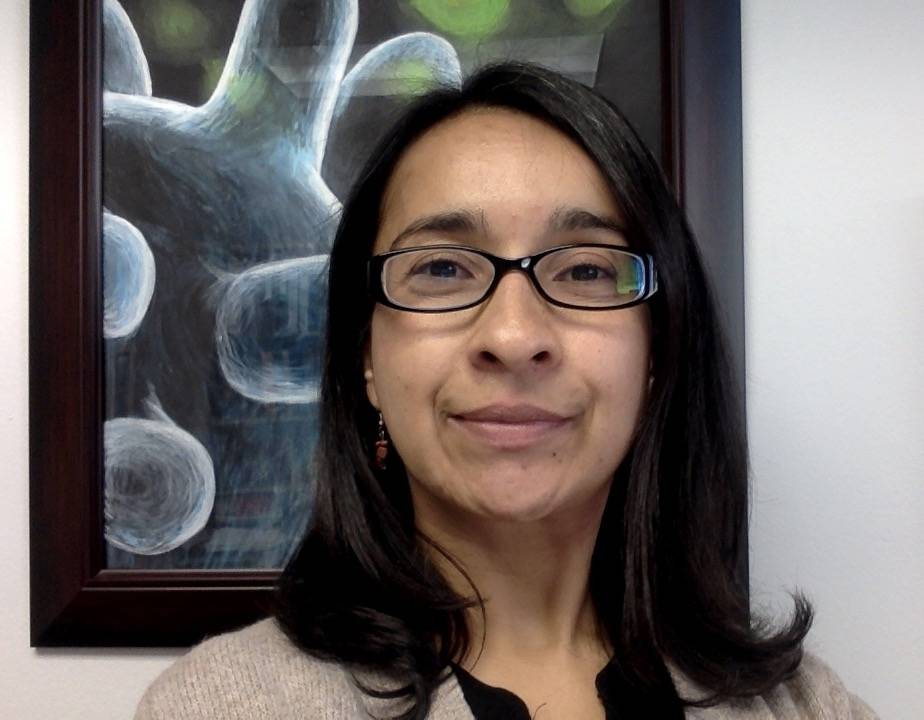
Damilola Runsewe
Ph.D. Candidate at Texas State University
Damilola Runsewe is a Nigerian-born Ph.D. candidate at Texas State University. His first degree and master’s degree are in Chemical Engineering. He has worked in the upstream oil and gas industry as a drilling engineer and a wastewater treatment engineer prior to obtaining a master’s degree. During his master’s degree program, he co-founded an atmospheric water generation company called Atmospark, where he developed a hydrophobic/hydrophilic patterned surface for the enhancement of the condensation process. His current interest and area of research are in the medical device industry with respect to the early detection of illnesses. Runsewe utilizes conducting polymers in combination with biorecognition molecules to detect and target analytes electrochemically.
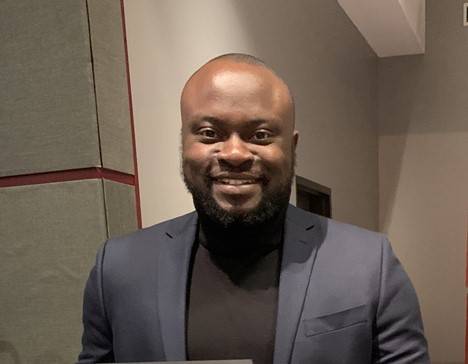
Big ideas Out in the World
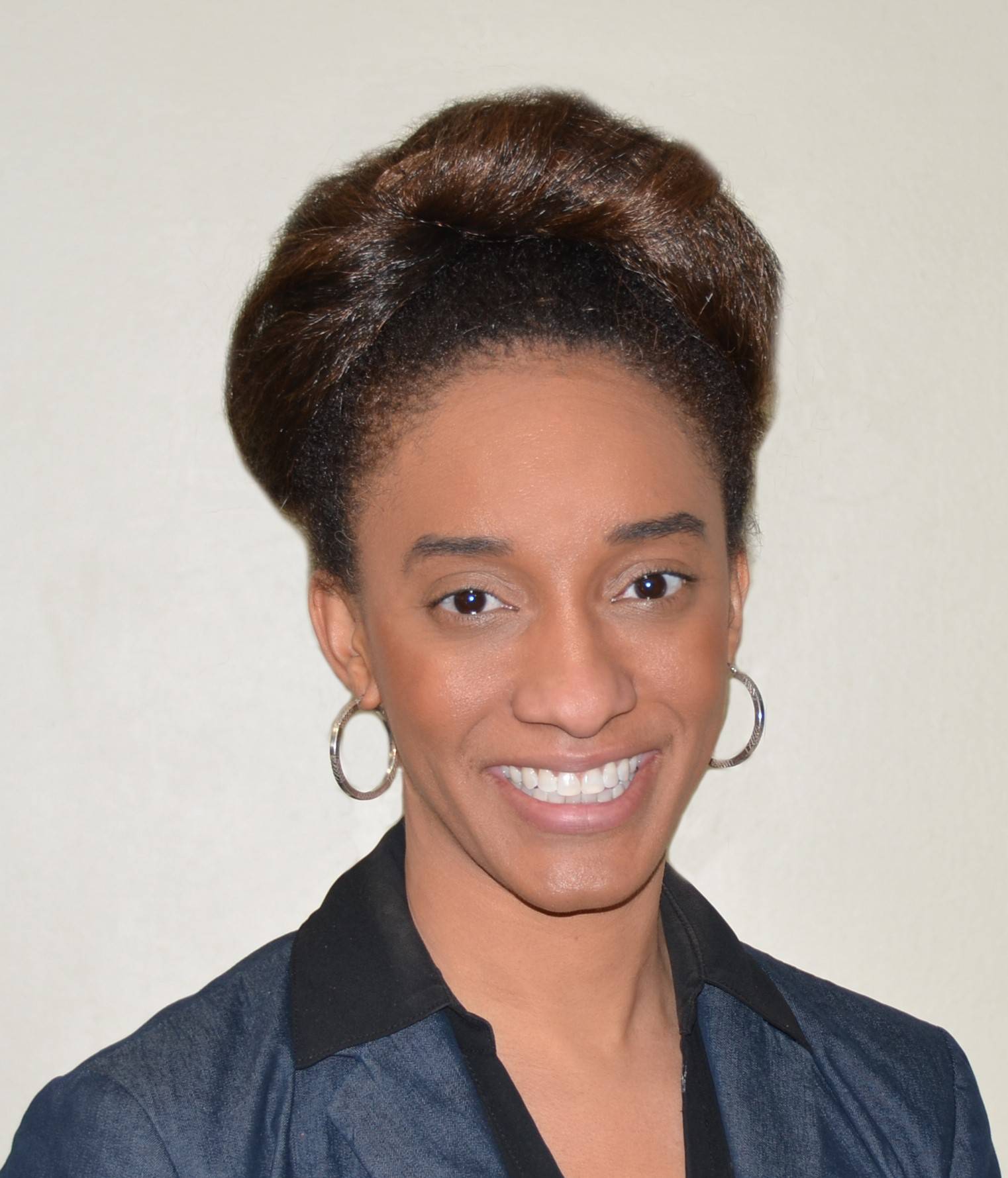
Carol Ellis-Terrell, Ph.D., '20 Research Scientist
Connect To Big Ideas at Texas State
